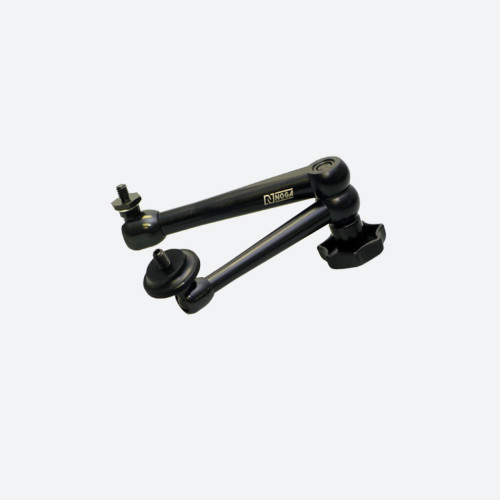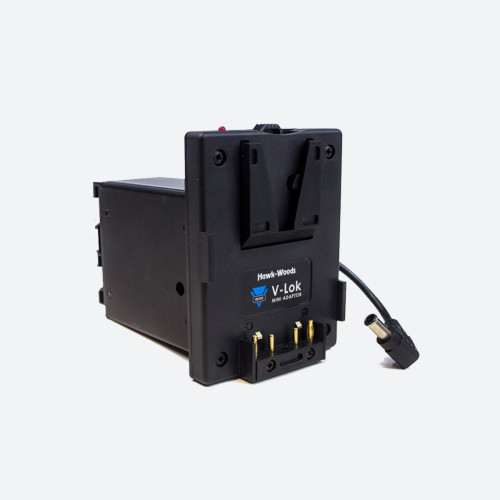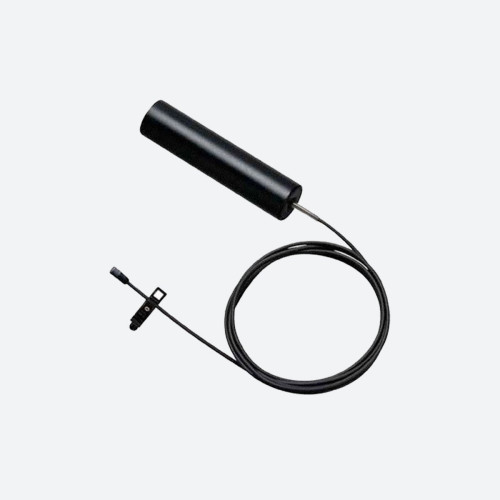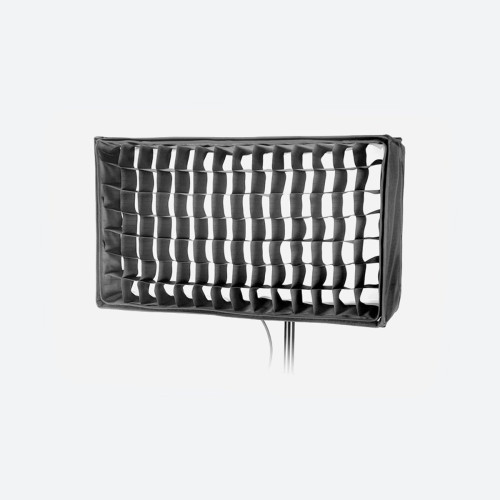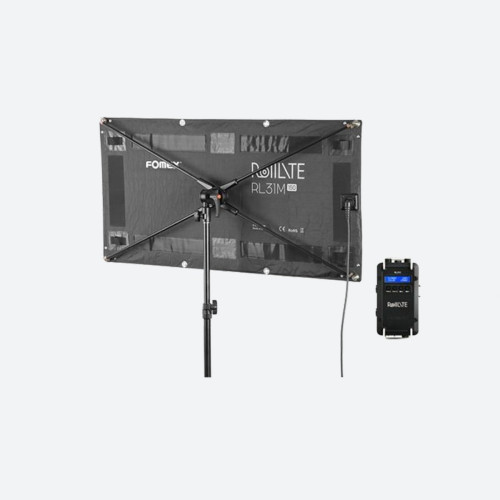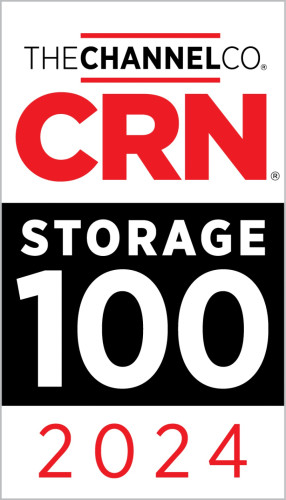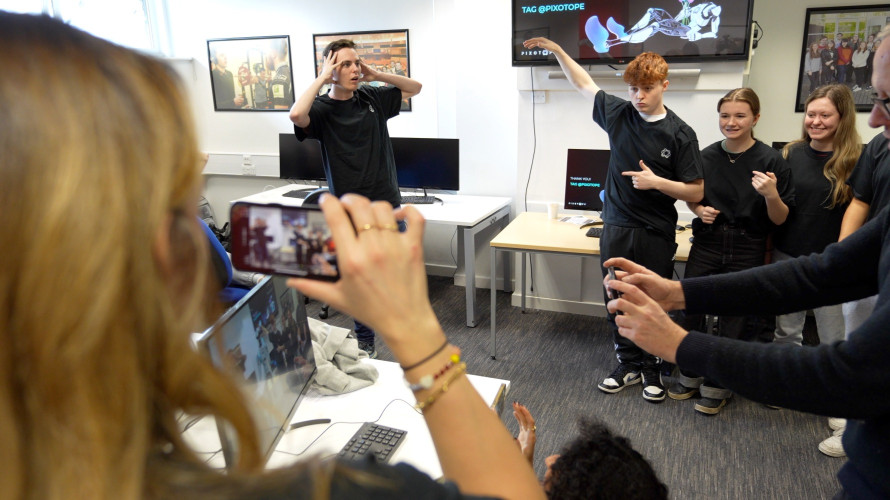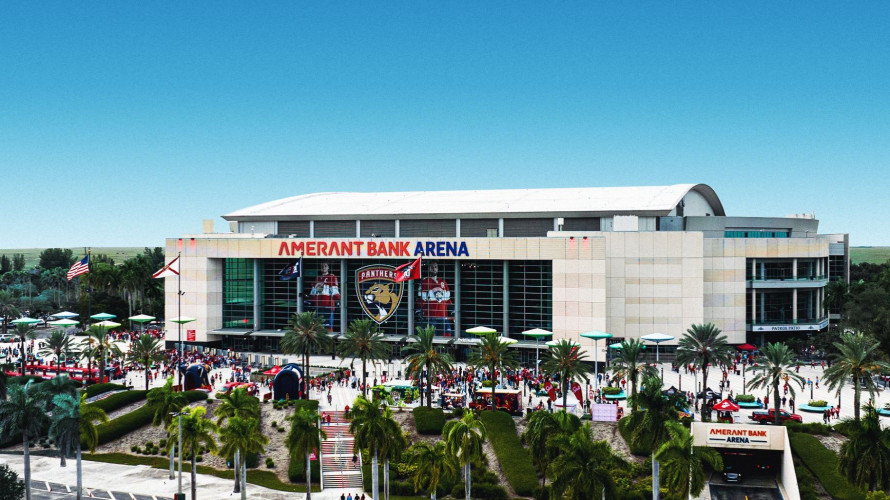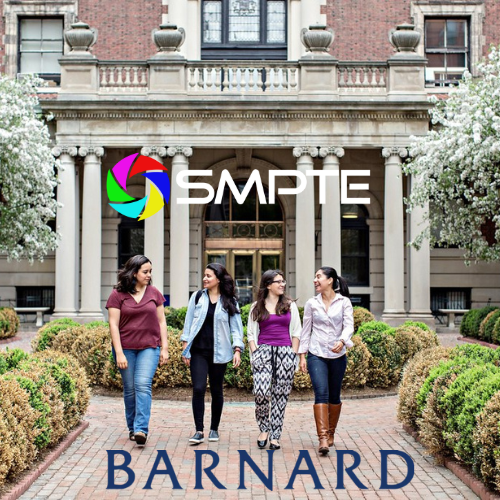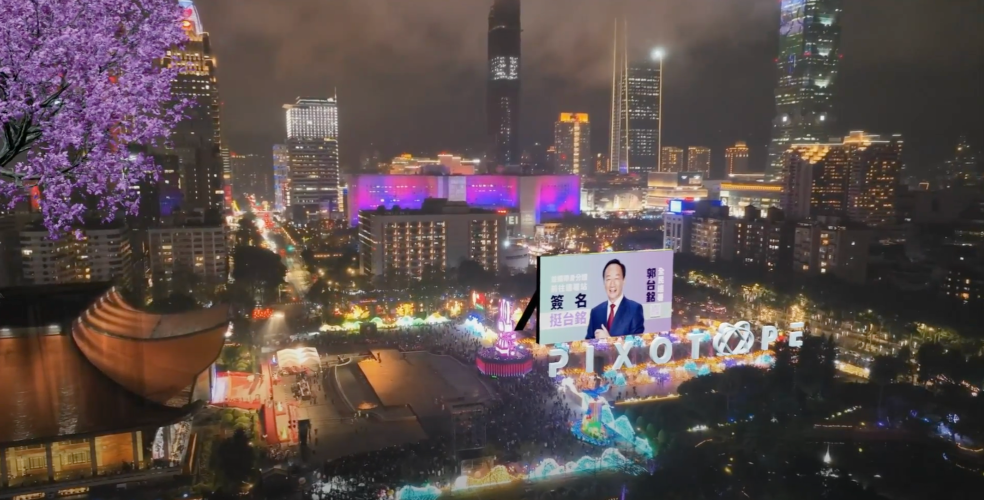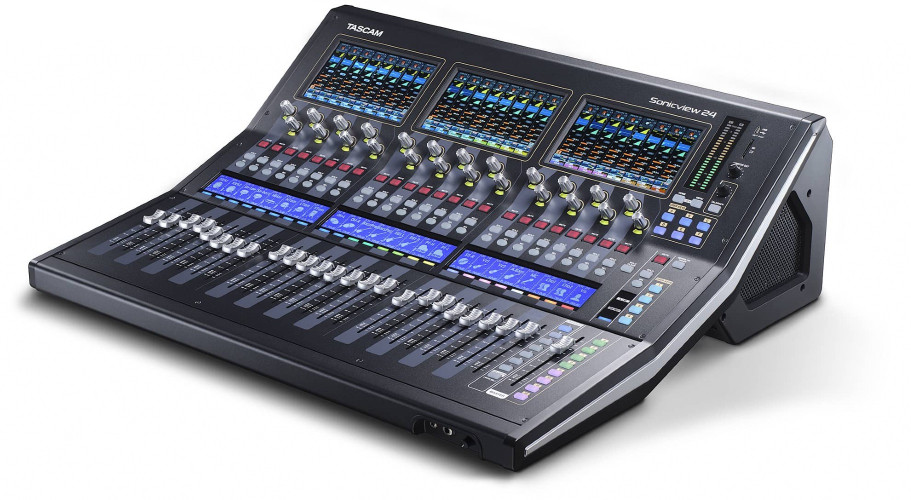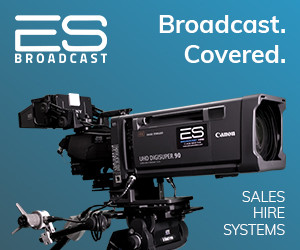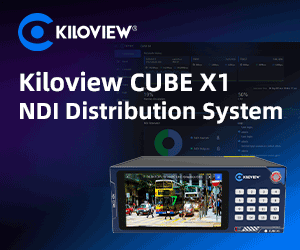SMPTE Expands Virtual Classroom With Self-Study Options and a New HDR Technology and Workflows Course
Author: Dundee Hills Group
Published: 06 December 2018
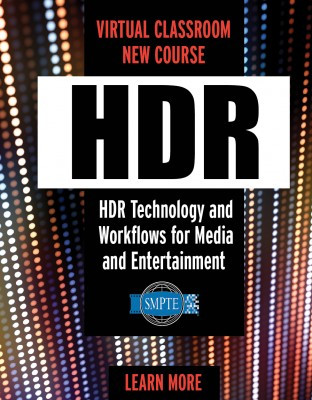
SMPTE®, the organization whose standards work has supported a century of advances in entertainment technology and whose membership spans the globe, is expanding the SMPTE Virtual Classroom offering with a new course: High-Dynamic-Range (HDR) Technology and Workflows for Media and Entertainment. Led by instructor Pierre Routhier, an advanced imaging specialist, this course will cover critical concepts and practical considerations across the HDR workflow, from mastering to production, distribution, and viewing.
"SMPTE Virtual Classroom courses are a valuable resource for technologists, engineers, and practitioners involved with creating professional media, as the course offerings support deeper understanding of important technologies and related SMPTE standards,\" said SMPTE Director of Education Joel Welch. "Demand for more training on HDR has been significant, and we're pleased to offer a well-rounded course that will help professionals in making the most of this exciting format and its tremendous potential."
In accordance with the recently announced SMPTE strategic business plan, the 2019 expansion of the SMPTE Virtual Classroom is an integral part of the Society's goal of educating individuals in the industry on technologies they must understand to be successful in their careers.
SMPTE's newest Virtual Classroom course will explore workflows for mastering HDR content for theatrical and home distribution. In doing so, it will delve into foundational building blocks of HDR including human perception of light and how it is captured, the opto-electronic transfer function (OETF), the electro-optical transfer function (EOTF), the HDR ecosystem, HDR displays, HDR workflows, and more. The course will begin Jan. 14, 2019, and run for six weeks.
SMPTE Virtual Classroom courses are offered online, and they draw participants from around the world. During these blended-learning courses, participants engage in independent study and weekly one-hour, instructor-led coaching sessions that assist them in understanding more complex topics and activities. The live coaching sessions are recorded for on-demand viewing by those unable to attend, and instructors also provide timely responses to participant questions posed through the course's online discussion forum. Each virtual course offering has a specific start date, a specific stop date, and weekly learning goals. Participants who complete a course successfully are awarded a SMPTE Certificate of Achievement that recognizes their investment of time and effort, as well as their commitment to advancing their careers.
New for 2019, SMPTE will offer self-study course options for all Virtual Classroom courses. The self-study offerings contain the same course material as the instructor-led versions, but participants are provided with twice as much time for study. The first self-study offering of the HDR Technology and Workflows for Media and Entertainment course will begin Jan. 21, 2019. Subsequent courses will be offered throughout the year.
In addition to the new HDR-focused course, SMPTE is continuing to offer its popular suite of Virtual Classroom courses, including Introduction to Networking, Routing & Switching Essentials, Essentials of IP Media Transport for Broadcasters: Moving Real-Time Video and Audio Over Packet Networks, IMF Essentials: What You Need to Know, and Understanding SMPTE ST 2110: Standards for Professional Media Over Managed IP Networks.
Complete details and registration for all SMPTE Virtual Classroom courses, including HDR Technology and Workflows for Media and Entertainment, are available at smpte.org/courses. Early registration is encouraged, as space in each course is limited.
Further information about SMPTE is available at smpte.org




